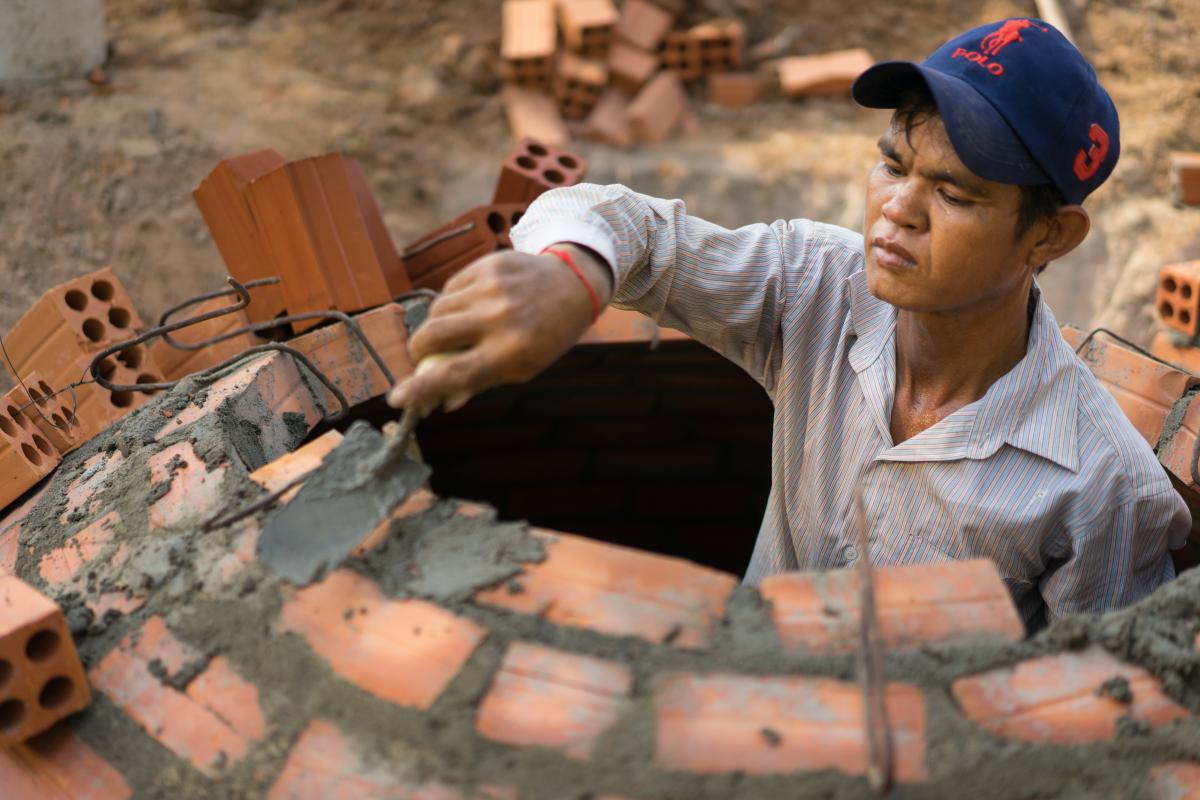By the end of July 2016, the National Biodigester Programme (NBP) in Cambodia had built 25,115 biodigesters with 130,500 direct beneficiaries in its 14 target provinces. To celebrate the successful programme’s accomplishment, the Cambodian Ministry of Agriculture, Forestry and Fisheries (MAFF) hosted a 25,000 Biodigesters Celebration presided over by H.E Veng Sakhon, Minister of Agriculture, Forestry and Fisheries. The celebration took place on 13 August 2016 in Pong Ro village, Neang Teut commune, Dambae district, Tboung Khmum province.
The NBP programme was launched in 2006 by the Cambodian Ministry of Agriculture, Forestry and Fisheries (MAFF) and SNV Netherlands Development Organization to create an indigenous, market-based sustainable energy source in Cambodia by utilising biogas. Hivos supports the programme by facilitating the monitoring and verification of greenhouse gas emission reductions and marketing its carbon credits.
The 25,000 Biodigesters Celebration was also attended by H.E. Prach Chan, Provincial Governor of Tboung Khmum province, senior ministry officials, NBP Steering Committee members, local officials and farmers. The objective was to “promote biodigester dissemination so that farmers get a renewable energy for cooking and organic fertilizer for integrated farming system approach”.
NBP provides farmers with a $US 150 incentive per biodigester to reduce their financial burden and to further promote the biodigester technology amongst potential users. The programme, in cooperation and coordination with micro finance institutions, provides special loans up to a maximum of $US 1,000 with a monthly interest of 1.2% to farmers who decide to build a biodigester.
Domestic biodigesters provide a way for individual households with livestock to reduce their dependence on polluting firewood and expensive fossil fuels for cooking and lighting. It brings multiple benefits to both individual households and the society. Besides renewable energy for daily cooking, lighting and natural fertilizer, biodigesters contribute to better livelihoods, health and employment creation.




